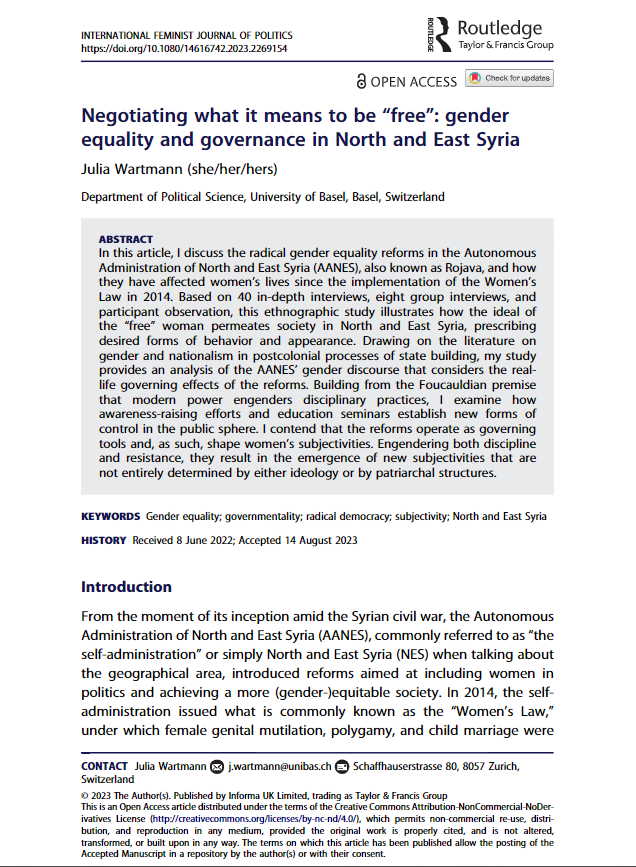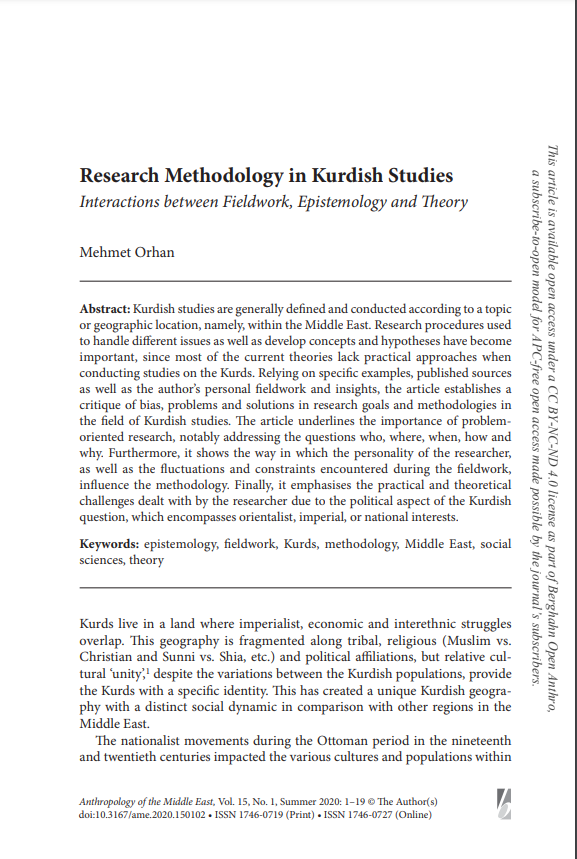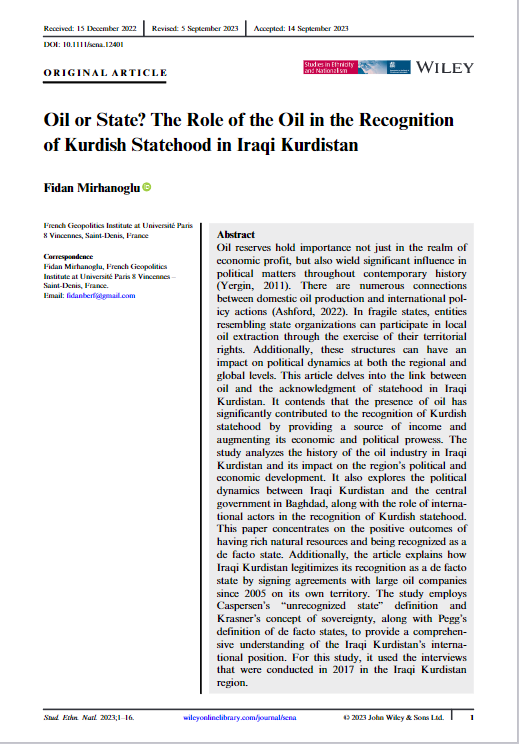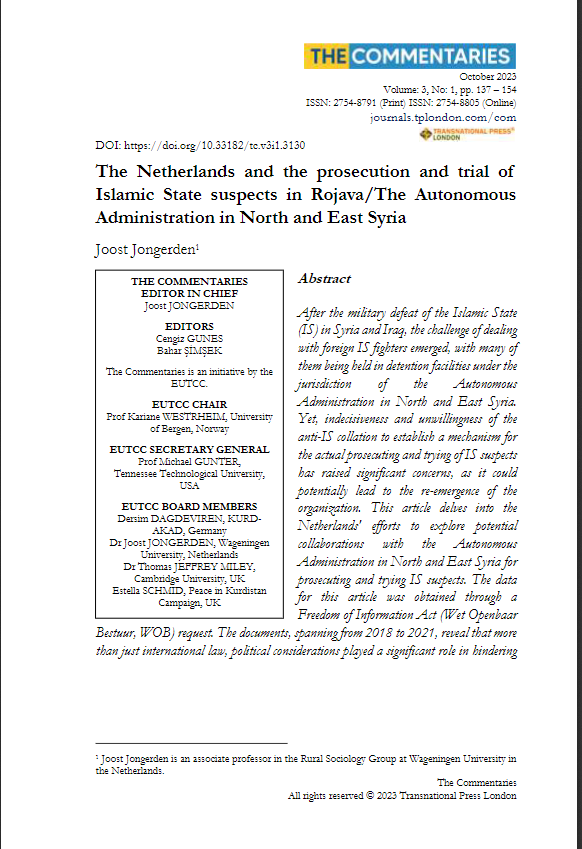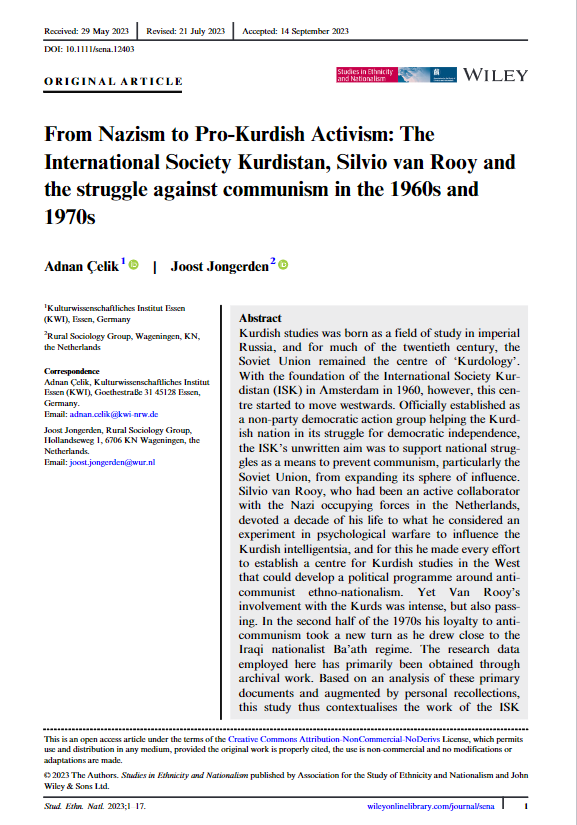Kurdish studies are generally defined and conducted according to a topic or geographic location, namely, within the Middle East. Research procedures used to handle different issues as well as develop concepts and hypotheses have become important, since most of the current theories lack practical approaches when conducting studies on the Kurds. Relying on specific examples, published sources as well as the author’s personal fieldwork and insights, the article establishes a critique of bias, problems and solutions in research goals and methodologies in the field of Kurdish studies. The article underlines the importance of problem-oriented research, notably addressing the questions who, where, when, how and why. Furthermore, it shows the way in which the personality of the researcher, as well as the fluctuations and constraints encountered during the fieldwork, influence the methodology. Finally, it emphasises the practical and theoretical challenges dealt with by the researcher due to the political aspect of the Kurdish question, which encompasses orientalist, imperial, or national interests.
